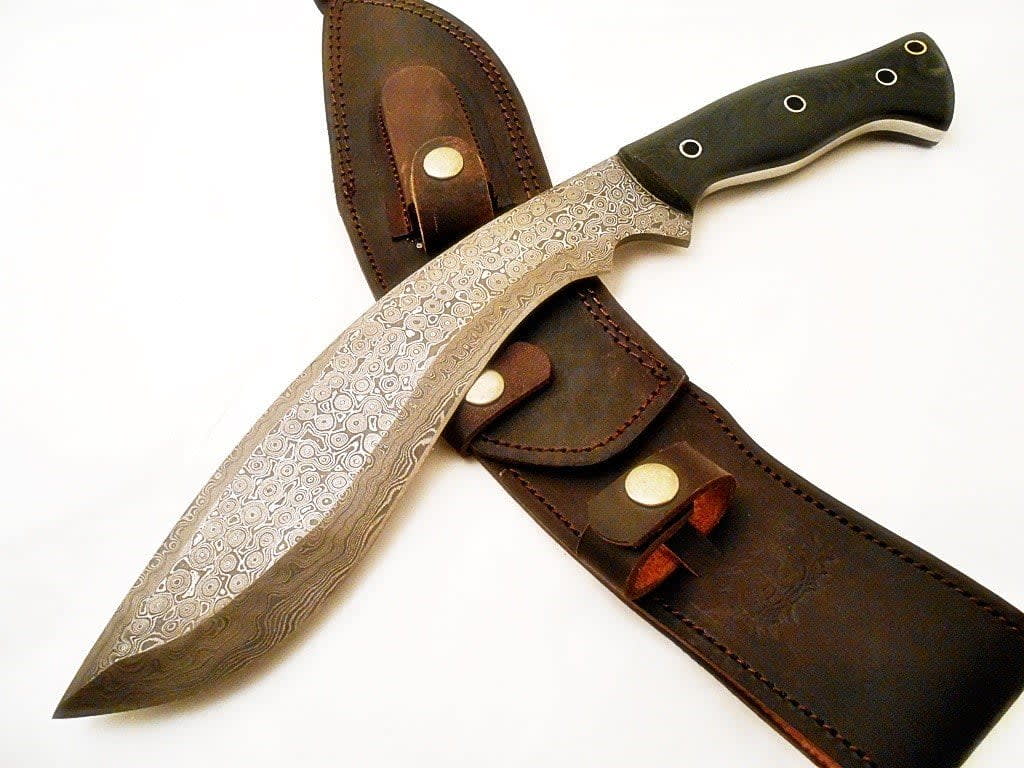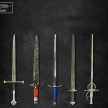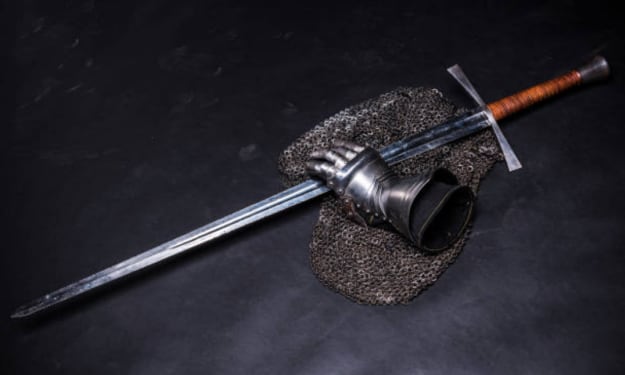
The Gurkha Kukri knife, a distinctive blade, holds significant cultural and military significance in Nepal. Its inward-curved design dates back to the 17th century and is believed by some researchers to have roots in ancient Greece or Egypt.
The Gurkha knife is closely associated with the Gurkha soldiers, who have served the British Crown for over two centuries. The Gurkhas are renowned for their courage and resilience in battle, earning them a fearsome reputation. It is said that when a Gurkha unsheathes their kukri, it must draw blood, even if it means the wielder drawing their own blood.
The Kukri knife measures around 18 inches and is designed to withstand harsh conditions. It consists of three main components: the blade, the handle, and the pommel. The single-edged blade curves inward, widens towards the end, and tapers to a sharp tip. The handle is typically made from wood, horn, or thermoplastic composite material, providing a firm grip for one-handed use. The pommel at the opposite end of the blade adds balance and doubles as a hitting tool.
Beyond its military use, the kukri serves various civilian purposes. In Nepal, it is commonly used for cooking, butchering, and other tasks related to subsistence agriculture. The kukri's versatility has made it a popular tool for self-defense as well.
The Gurkha soldiers continue to carry kukri knives as part of their military equipment. The kukri is associated with the Nepali army, Indian regiments, the British Army's Royal Gurkha Rifles, Assam Rifles, and other armed forces.
Due to its capabilities, the kukri is also favored by survivalists for outdoor activities. It performs tasks similar to a survival machete, such as clearing brush, splitting wood, and chopping food, with the added advantage of delivering powerful swinging blows.
Since the Gurkha War in the early 19th century, where the kukri gained exposure in the Western world, it has gained popularity among outdoor enthusiasts. Today, the Gurkha knife remains a cherished symbol of Nepalese culture and a favored tool for those who appreciate its functionality.
In addition to its use as a utility tool and weapon, the Gurkha Kukri knife holds deep cultural significance in Nepal. It is considered a symbol of bravery, honor, and national pride. The kukri is often used in traditional ceremonies, festivals, and rituals, reflecting its integral role in Nepalese culture.
Furthermore, the craftsmanship and artistry involved in making a kukri knife are highly regarded. Skilled Nepalese artisans, known as Kamis, meticulously craft each kukri by hand, using traditional techniques passed down through generations. The process involves shaping the blade, forging the handle, and intricately designing the sheath, often adorned with ornate carvings and engravings.
The Gurkha Kukri knife has gained recognition worldwide for its unique design and functionality. It has found its way into the collections of knife enthusiasts and collectors, who appreciate its historical significance and craftsmanship.
It is worth noting that while the kukri is primarily associated with the Gurkha soldiers and Nepalese culture, variations of curved knives similar to the kukri can also be found in other regions and cultures, each with their own distinct characteristics and purposes.
In addition to its cultural, military, and outdoor appeal, the Gurkha Kukri knife has also caught the attention of Battling Blades, a renowned company specializing in historical weapons and artifacts. Battling Blades recognizes the significance and craftsmanship of the Gurkha Kukri and offers a selection of authentic and high-quality kukri knives for enthusiasts and collectors alike. Their collaboration with skilled Kamis ensures that each Gurkha Kukri knife from Battling Blades upholds the traditional techniques and standards that make these knives truly exceptional. By partnering with Battling Blades, the Gurkha Kukri knife continues to be celebrated and cherished by individuals passionate about historical weaponry and the rich cultural heritage it represents.
About the Creator
Owen J
Fascinating realm of medieval weapons from various regions, chronicling my quest to uncover their historical significance. I have made intriguing discoveries and encountered remarkable individuals who have regaled me with captivating tales.






Comments
There are no comments for this story
Be the first to respond and start the conversation.